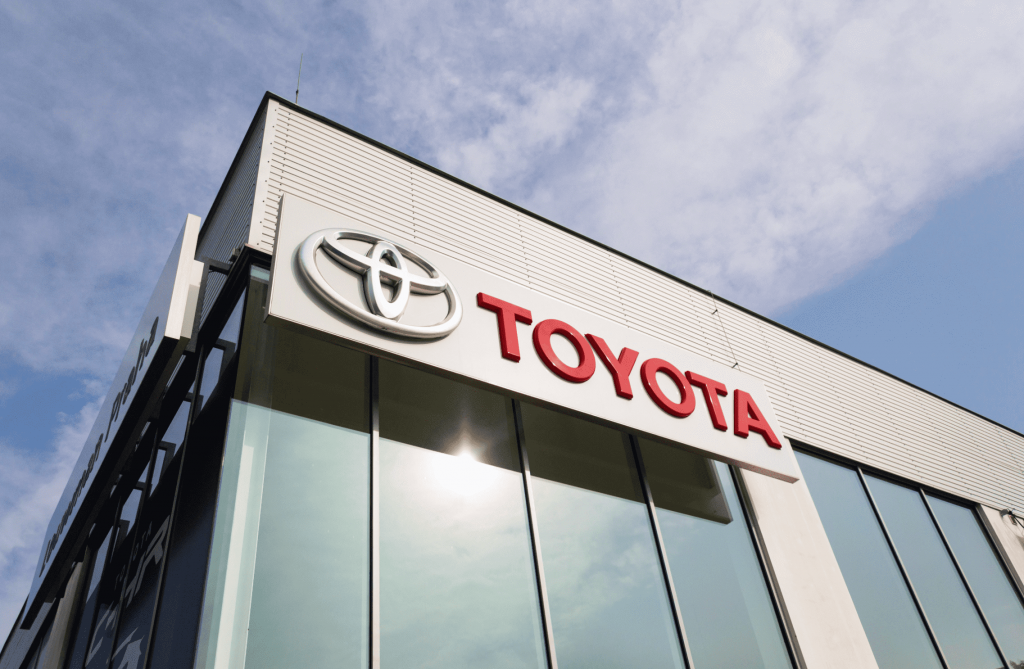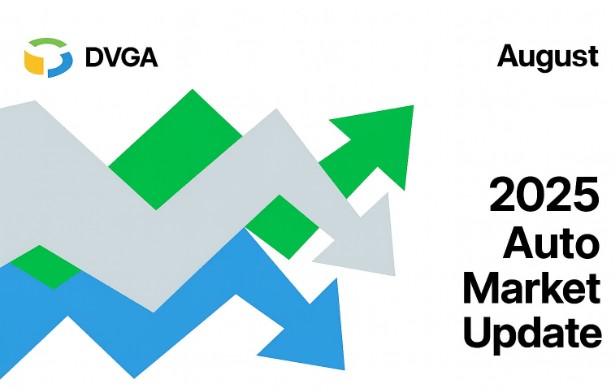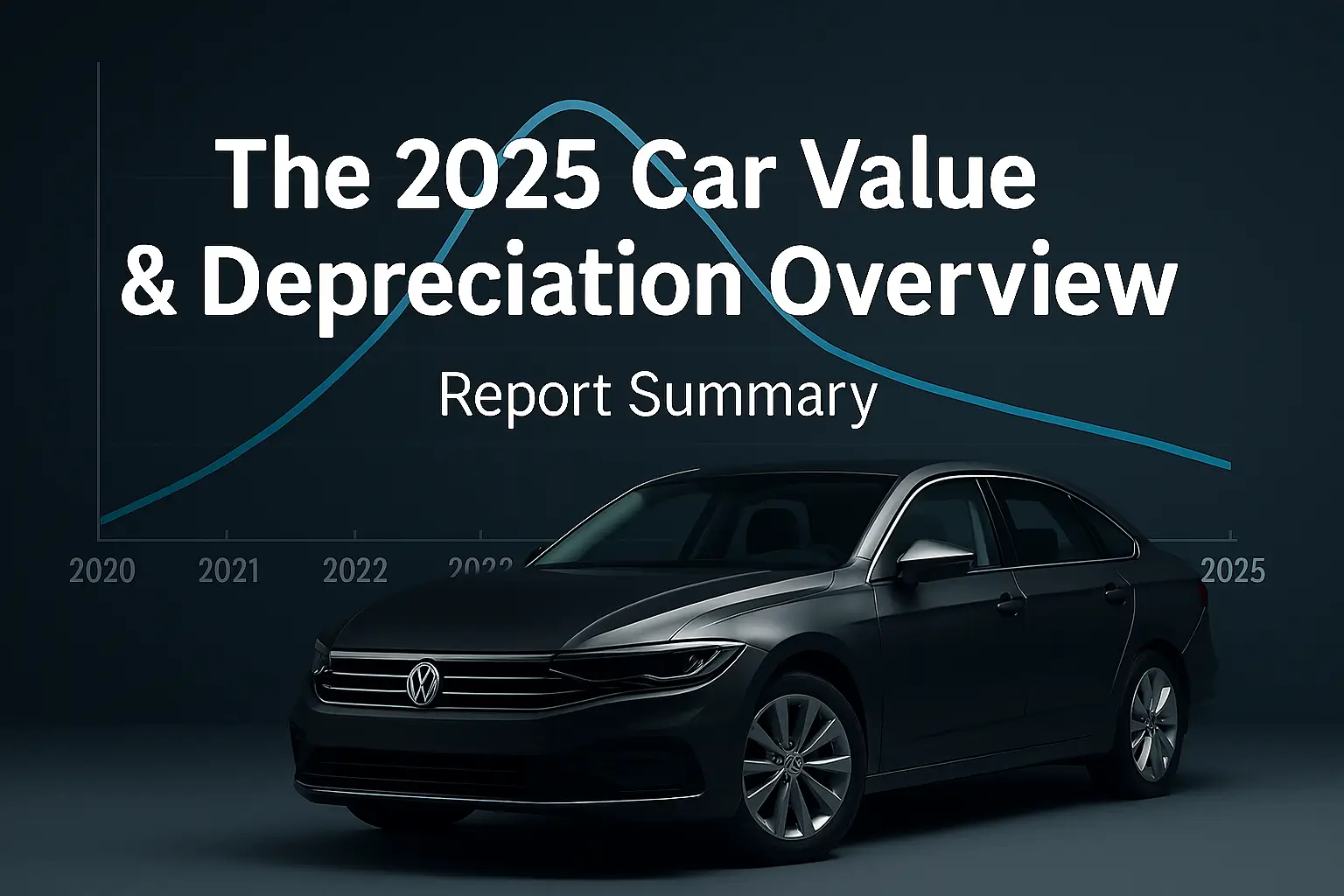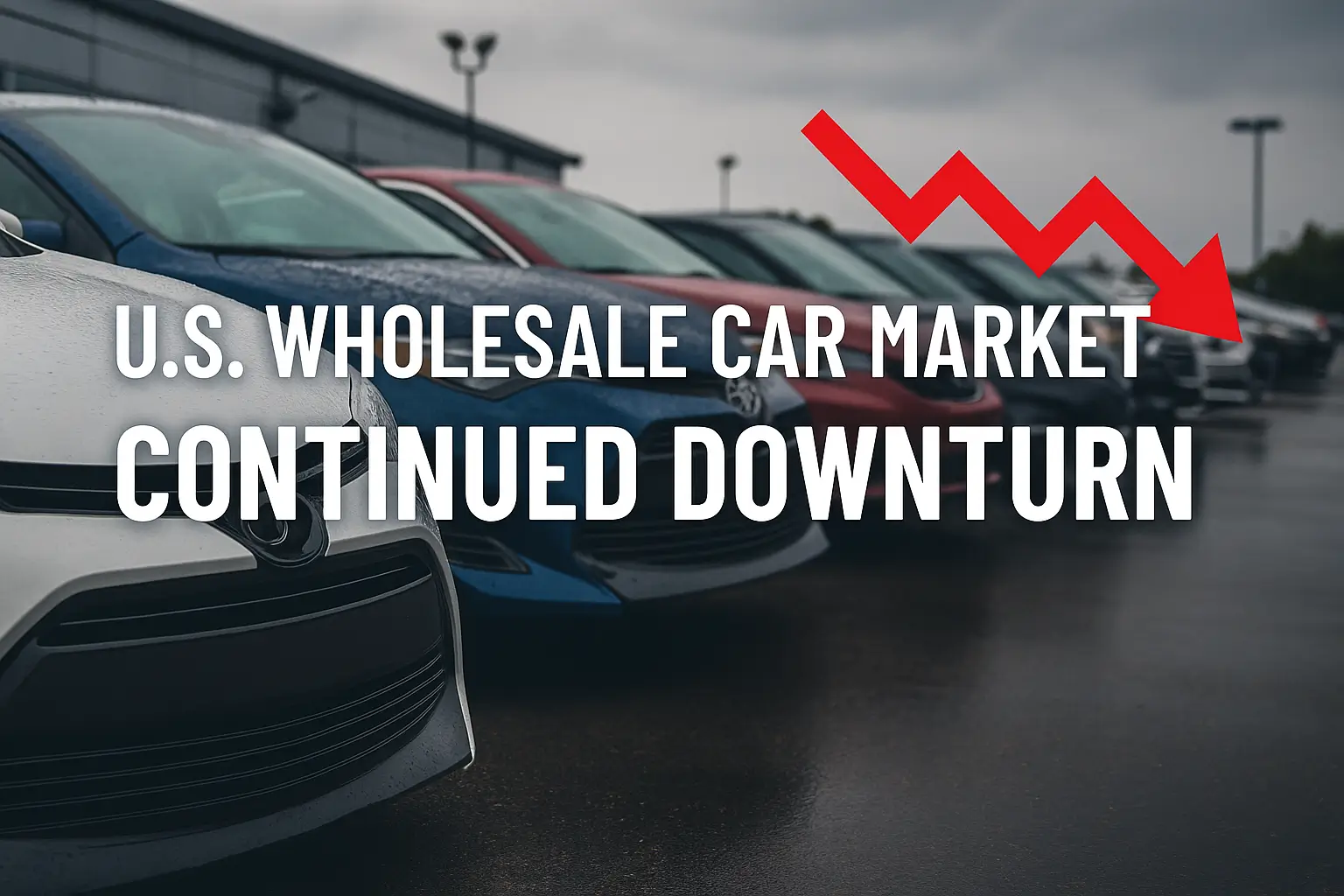EVs Are on The Radar of Toyota’s New CEO (PDF)
The incoming CEO of Toyota, one of the world’s largest automakers, said this week he plans to increase production of electric vehicles, starting with the Lexus luxury brand.
Because of the strategy of the outgoing CEO and grandson of the company’s founder, Akio Toyoda, the Japanese company has lagged behind competitors in developing its EV offerings.
As part of Toyota’s plan, the company would invest in fuel cells and hybrid vehicles, like its Prius, that are zero and lower-carbon. As he believes that wholesale adoption of electric cars and trucks will be much slower than his competitors think, he also wanted to continue Toyota’s line of internal combustion engine vehicles rather than focusing more on electric cars and trucks.
However, the company has already begun accelerating the production of electric vehicles.
By 2030, Toyota has planned to electrify its fleet for $70 billion. Then, in January, Toyota announced a management shakeup in which Toyoda would be replaced by Koji Sato, Lexus’ CEO. According to Sato, the first thing on his agenda is to speed up the switch to electric vehicles.
A 66-year-old Toyoda will take over the chairmanship of the corporation, founded in 1937 by Kiichiro Toyoda.
Toyota intends to transform into a mobility company, and the first step towards that is to produce more electric cars.
Through 2026, they will develop next-generation battery electric vehicles for Lexus, with everything from batteries and platforms to how cars are constructed and optimized for BEVs, as well as expanding their current lineup of BEVs. As of 2035, Lexus plans to have a 100% electric vehicle lineup.
He also stressed that the company as a whole needs to implement a “BEV-first mindset” and change the way it does business everywhere from manufacturing to sales.
By 2030, Sato hopes to sell 3.5 million BEVs annually, up from half a million in 2025.
Toyota offers only one BEV in the United States, the bZ4X SUV, which competes directly with Tesla’s Model Y and Volkswagen’s ID.4. However, production problems and safety recalls hampered sales of Toyota’s BEV throughout 2022.
The company sells more than 10 million vehicles a year worldwide and already has 20 electric vehicles on the market, including hydrogen electric vehicles, plug-in hybrids, and fuel cell electric vehicles, with more BEVs on the way.




